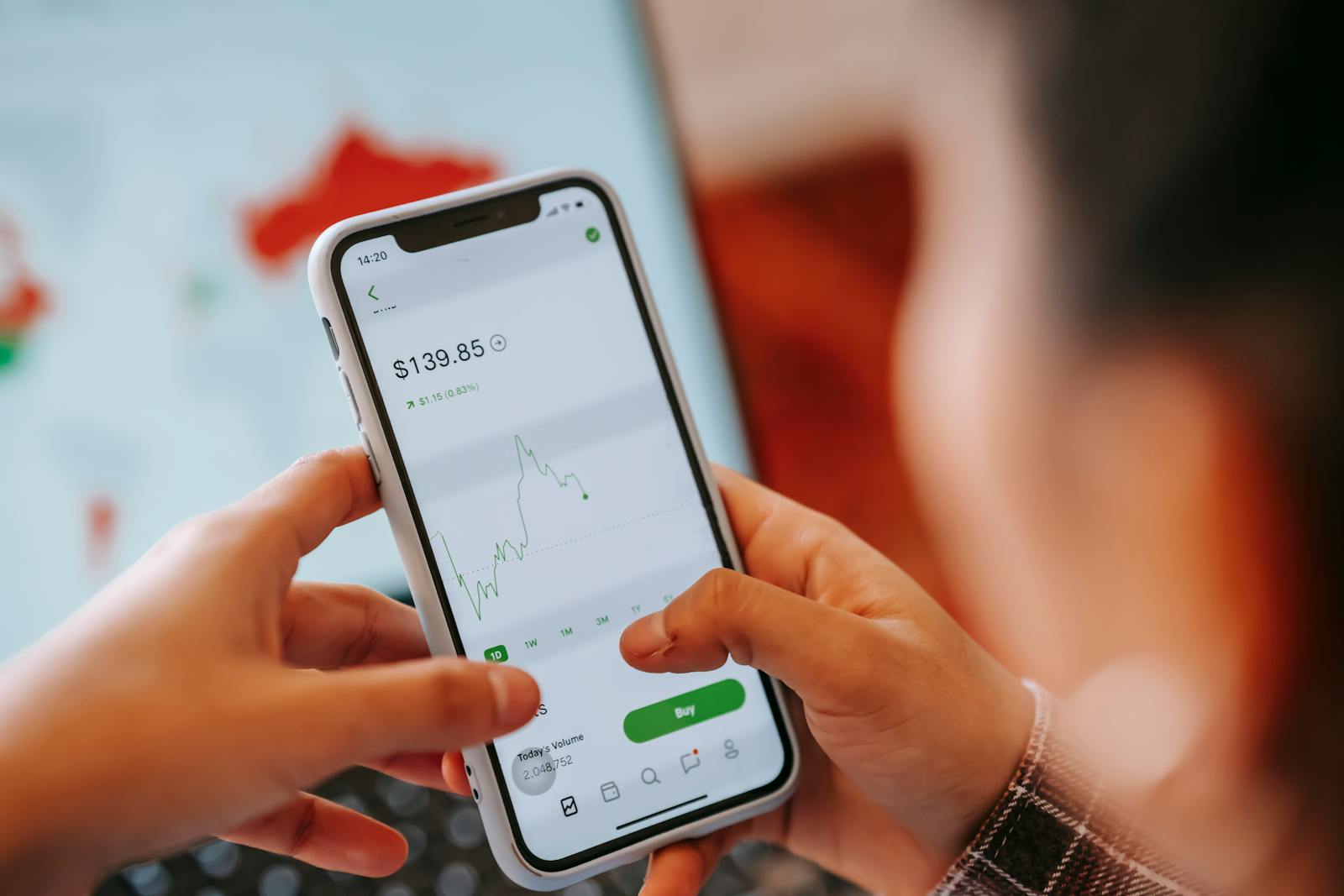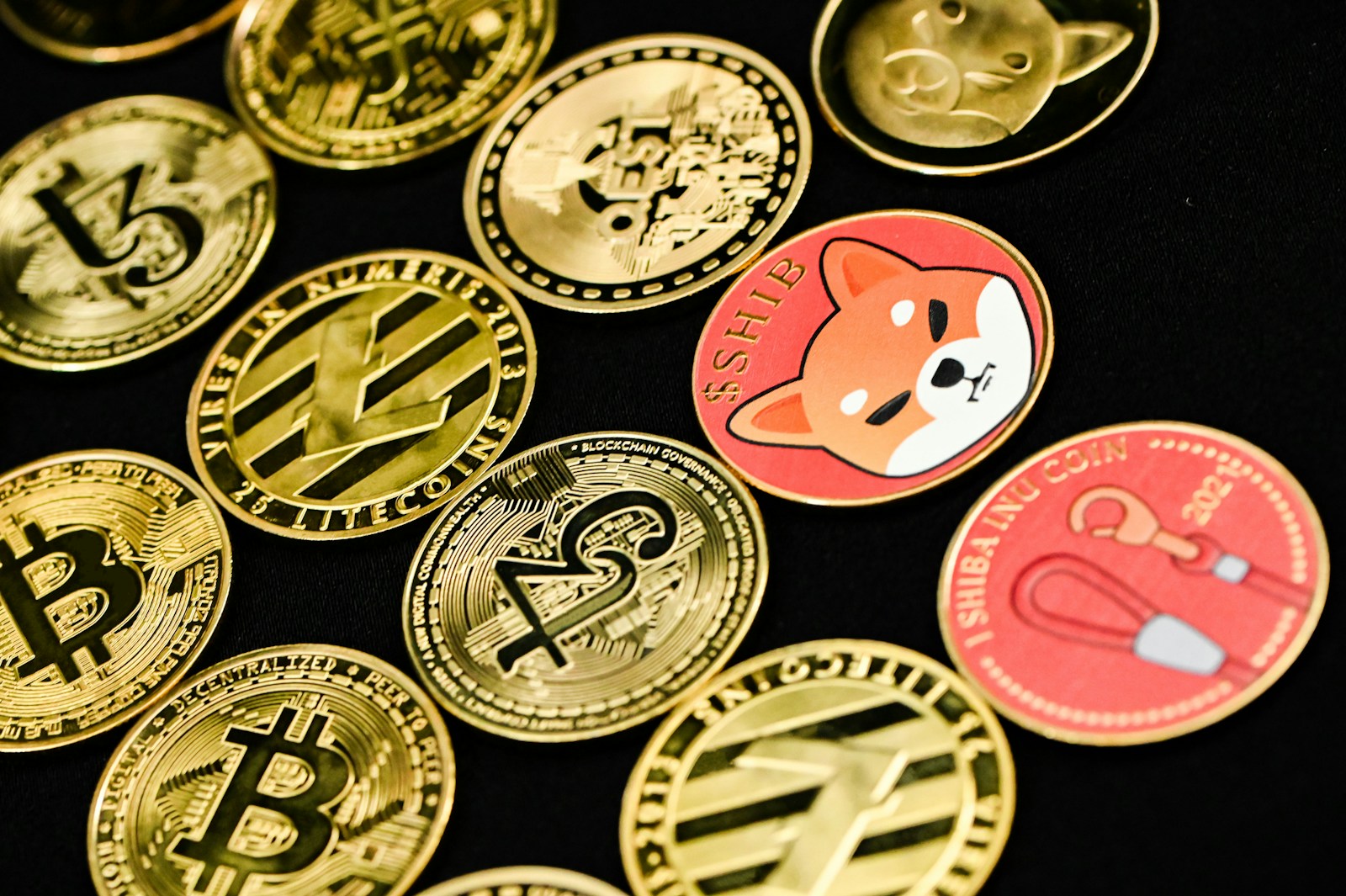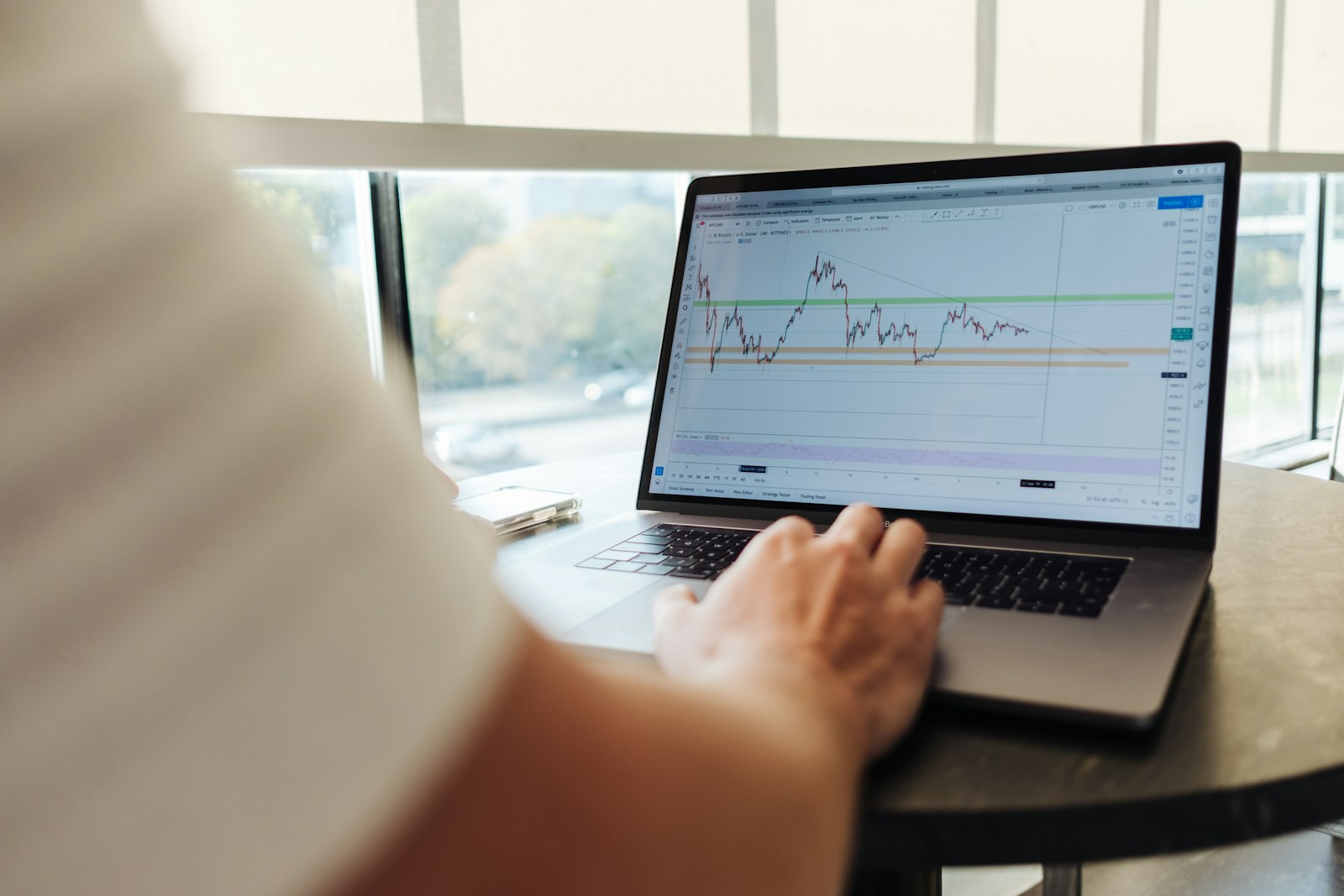The Fear of Missing Out (FOMO) is one of the most powerful psychological traps that traders encounter. It’s that nagging feeling that a great opportunity is slipping away, prompting you to act impulsively. Whether it’s chasing a soaring stock, entering a trade without proper analysis, or holding onto a position longer than planned, FOMO often leads to poor decision-making and unnecessary losses.
In this article, we’ll explore the causes of FOMO, its impact on trading, and practical strategies to overcome it.
What Is FOMO in Trading?
FOMO in trading occurs when you fear missing out on a potentially profitable opportunity, leading you to make rash decisions. It’s often triggered by:
- A rapidly rising market: Seeing others profit while you’re on the sidelines.
- Hype and news events: A buzz around certain assets or markets can create pressure to jump in.
- Social media influence: Seeing others post their profits or “success stories” can intensify the fear.
- Past missed opportunities: Regretting not taking action in the past can create an urgency to act now.
While FOMO might lead to occasional wins, over time, it erodes discipline, undermines your trading strategy, and damages your confidence.
The Psychology Behind FOMO
1. Loss Aversion
Humans are wired to avoid losses more strongly than they seek equivalent gains. Missing out on a potential profit feels like a loss, triggering an emotional response.
2. Herd Mentality
When everyone seems to be making money, it’s natural to want to follow the crowd. However, herd mentality often leads to buying high and selling low.
3. Overconfidence
FOMO can make traders overestimate their ability to time the market or replicate others’ success. This often results in risky trades without proper analysis.
4. Regret and Self-Blame
Regret over past missed opportunities amplifies FOMO. Traders often act impulsively to avoid feeling that regret again.
5. Dopamine Response
When you see others profiting or a market rising, your brain releases dopamine, the “reward” hormone. This creates a cycle of chasing short-term satisfaction instead of focusing on long-term strategy.
The Impact of FOMO on Trading
1. Chasing Bad Trades
Entering trades too late, often when the market is overextended, can lead to losses.
2. Ignoring Risk Management
FOMO overrides discipline, leading to overleveraging or neglecting stop-losses.
Overtrading: Fear of missing opportunities leads to excessive trading, increasing transaction costs and stress.
3. Emotional Decision-Making
Impulsive trades driven by FOMO are rarely based on sound analysis, resulting in inconsistent performance.
4. Loss of Confidence
Repeated mistakes from FOMO-induced trades can damage your confidence and make it harder to trust your strategy.
How to Overcome FOMO in Trading
1. Accept That You Can’t Catch Every Move
No trader can capture every profitable opportunity. Markets are vast, and opportunities are endless. Missing one trade doesn’t mean you’ve missed your chance forever.
Tip: Remind yourself that patience and selectivity are key to long-term success.
2. Stick to Your Trading Plan
A solid trading plan acts as a roadmap, preventing you from making impulsive decisions. If a trade doesn’t align with your plan, it’s not worth taking.
Tip: Write down your trading criteria and review them before entering any trade.
3. Focus on the Process, Not the Profit
FOMO often stems from focusing too much on potential profits. Instead, prioritize following your strategy and executing well-thought-out trades.
Tip: Celebrate sticking to your process, even if it means sitting out a trade.
4. Manage Your Expectations
Understand that the market will always offer new opportunities. Missing one doesn’t mean you’ve missed the only chance to succeed.
Tip: Replace thoughts like “I have to trade now” with “There will always be another opportunity.”
5. Use a Trading Journal
Document your trades, including those you took due to FOMO. Reviewing your journal will help you identify patterns and learn from mistakes.
Tip: Note how you felt before making a FOMO trade and the outcome. This helps you recognize emotional triggers in the future.
6. Limit Social Media Exposure
Social media can amplify FOMO by showcasing others’ successes or hyping market trends. Remember, many posts only show the highlights, not the full story.
Tip: Take regular breaks from social media or unfollow accounts that trigger your FOMO.
7. Focus on Risk Management
Before entering any trade, evaluate the potential risk. This forces you to approach trades logically rather than emotionally.
Tip: Always determine your stop-loss level and position size before placing a trade.
8. Develop a Mindfulness Practice
Mindfulness can help you stay present and avoid reacting impulsively to market movements.
Tip: Practice deep breathing or meditation to calm your mind during periods of market volatility.
9. Avoid Over-Leveraging
Using excessive leverage often stems from FOMO and amplifies potential losses. Stick to reasonable position sizes to reduce emotional pressure.
Practical Exercise to Combat FOMO
The 24-Hour Rule:
When you feel the urge to jump into a trade due to FOMO, wait 24 hours (or at least a few hours if the timeframe is shorter). During this time, evaluate:
- Does this trade align with my plan?
- Am I chasing the market or entering with a clear strategy?
- What’s the risk-to-reward ratio?
Often, taking a step back reveals that the trade isn’t as urgent or promising as it seemed initially.
Example of Overcoming FOMO
A trader notices a cryptocurrency surging after a news event. The price has already risen 20%, and social media is buzzing. They feel the urge to buy in, fearing they’ll miss out on further gains.
Instead of acting impulsively, they:
- Review their trading plan and realize the setup doesn’t meet their criteria.
- Analyze the chart and notice the market is overbought, suggesting a pullback is likely.
- Decide to wait for a better opportunity instead of chasing the hype.
By resisting FOMO, the trader avoids a potential loss when the market corrects shortly after.
The Long-Term Benefits of Overcoming FOMO
1. Improved Discipline
Sticking to your plan reduces impulsive trades and builds consistency.
2. Better Decision-Making
You make choices based on analysis, not emotions.
3. Reduced Stress
Letting go of the need to chase every opportunity makes trading less overwhelming.
4. Sustainable Growth
Avoiding FOMO leads to more calculated trades and steady account growth.
5. Increased Confidence
Overcoming emotional impulses boosts your belief in your abilities and strategy.
Conclusion
The Fear of Missing Out is a natural but harmful emotion that every trader must confront. By recognizing its triggers and implementing strategies to combat it, you can make more rational, disciplined decisions that align with your trading goals.
Remember, trading is a marathon, not a sprint. The market will always offer new opportunities, and success lies in your ability to approach them with patience and clarity. Mastering FOMO isn’t just about avoiding losses—it’s about developing the mindset needed for long-term success.









